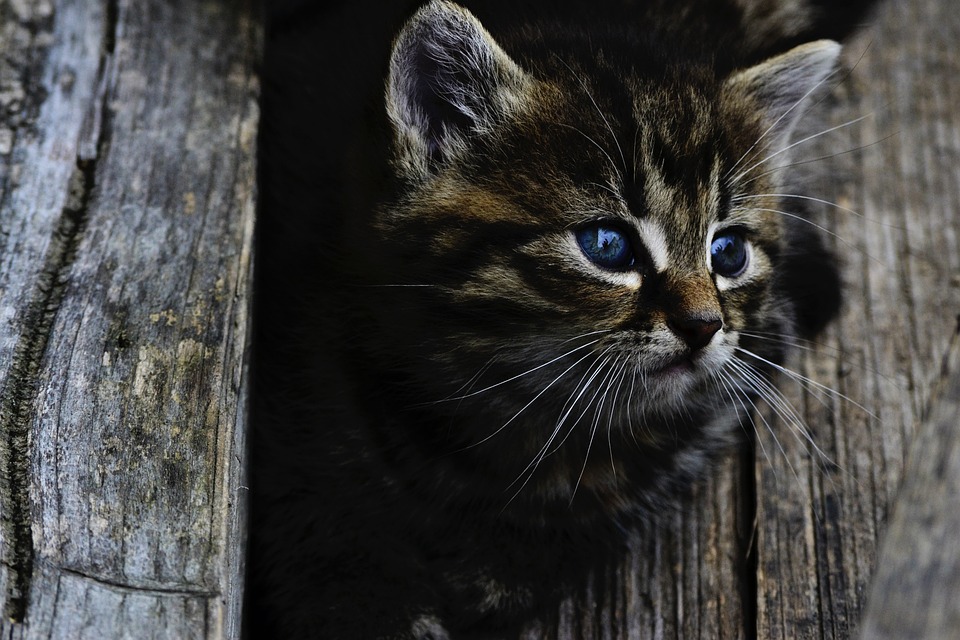Cat owners have a responsibility to protect their feline companions from dangerous diseases. While cats can be susceptible to various illnesses, there are five in particular that pose significant risks to their lives. In this article, we will discuss the top five most dangerous cat diseases and provide essential information on how to prevent them.
1. Feline Immunodeficiency Virus (FIV):
FIV weakens a cat’s immune system, making them more susceptible to infections and diseases. It is commonly transmitted through deep bite wounds during fights between infected and non-infected cats. To prevent FIV, it is important to vaccinate your cat, especially if they have outdoor access. Additionally, supervising your cat’s outdoor activities and spaying/neutering them can reduce the risk.
2. Feline Leukemia Virus (FeLV):
FeLV is a contagious and potentially fatal disease that weakens a cat’s immune system, making them prone to infections, anemia, and certain types of cancer. It is primarily transmitted through close contact with an infected cat’s saliva, blood, or urine. Regular vaccination against FeLV is crucial, especially for cats that go outdoors or live with FeLV-positive cats. Keeping infected cats separated and regular veterinary check-ups are also important preventive measures.
3. Feline Infectious Peritonitis (FIP):
FIP is a complex and fatal viral disease primarily affecting young cats and those with weakened immune systems. It is transmitted through close contact with infected cats’ bodily fluids. Unfortunately, there is no effective prevention for FIP. However, maintaining a healthy environment, proper hygiene, and reducing stress can help minimize the risk.
4. Feline Lower Urinary Tract Disease (FLUTD):
FLUTD encompasses a range of conditions affecting a cat’s bladder and urethra, including urinary tract infections, bladder stones, and urinary blockages. It is often caused by factors such as stress, obesity, poor diet, and inadequate hydration. To prevent FLUTD, provide a balanced diet that promotes urinary health, ensure hydration by providing fresh water sources and wet food, and create a calm and stress-free environment for your cat.
5. Feline Panleukopenia (Feline Distemper):
Feline panleukopenia is a highly contagious viral disease that affects a cat’s gastrointestinal tract, immune system, and bone marrow. It is spread through contact with an infected cat’s bodily fluids or contaminated environments. Vaccination, isolation of infected cats, and proper hygiene are essential preventive measures.
To further address common questions, the article includes a FAQ section:
– Can I vaccinate my cat against all these diseases at once?
While some vaccines can be combined, it is best to consult with your veterinarian regarding the appropriate vaccination schedule for your cat’s specific needs.
– Can indoor cats get these diseases too?
Indoor cats are generally at a lower risk of contracting these diseases. However, some diseases can still be transmitted through indirect means, so it’s important to practice proper hygiene and keep up with vaccinations.
– How often should I take my cat to the vet for a check-up?
It is recommended to take your cat for a routine check-up at least once a year. However, older cats or those with existing health conditions may require more frequent visits.
– Are there any natural remedies to prevent these diseases?
While some natural remedies may help boost your cat’s immune system or promote overall health, they are not substitutes for proper vaccination and veterinary care. Always consult with your veterinarian before introducing any natural remedies.
– How can I reduce stress for my cat?
Providing a safe and enriching environment, offering hiding spots, interactive toys, regular playtime, and ensuring a consistent routine can help alleviate stress for cats. Pheromone diffusers or supplements may also be recommended by your veterinarian.
By staying informed about these dangerous cat diseases and taking preventive measures, cat owners can significantly reduce the risk to their beloved feline companions. Regular veterinary care and vaccinations are key to maintaining a cat’s health and well-being.








